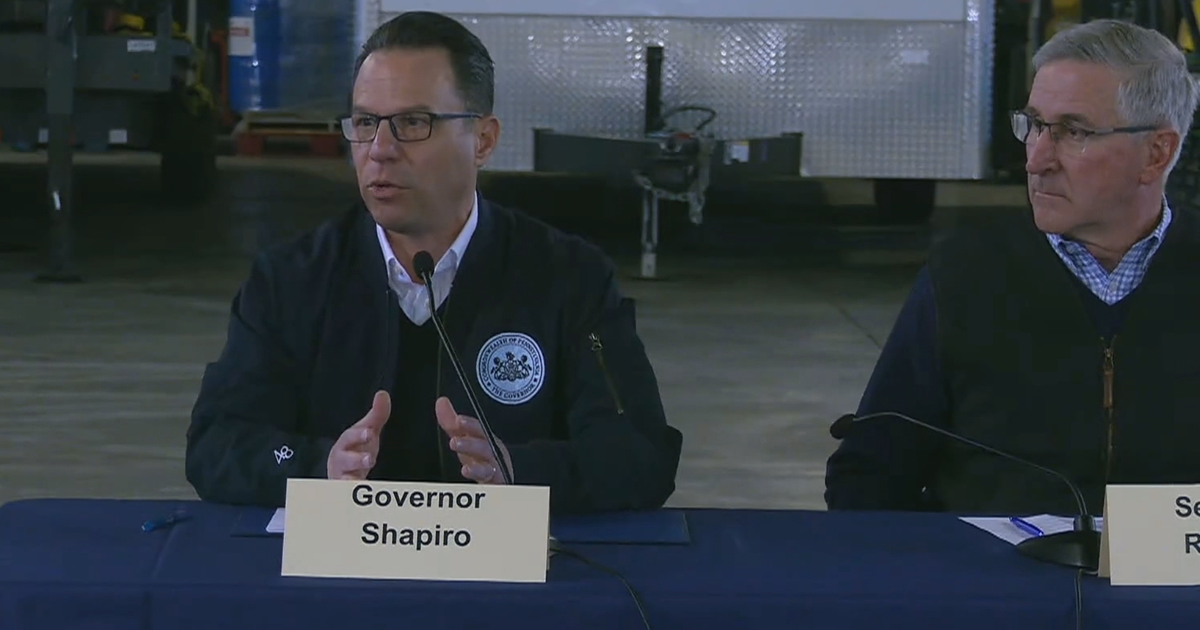Black farmers might not receive their own debt-relief funding
Earlier this year, Black farmers were slated to receive billions of dollars in federal aid to wipe away their U.S. Department of Agriculture loans. The chance of actually getting that money however is starting to wither.
That's because two federal judges have blocked Black, Brown and other farmers of color from getting the debt-relief payments. Judges in recent weeks have granted temporary injunctions on the debt subsidies after lawsuits from White farmers surfaced, claiming that the funding is racially discriminatory.
U.S. District Judge Marcia Morales Howard of Jacksonville, Florida, set an injunction Wednesday, one month after White farmer Scott Wynn of Jennings, Florida, filed a lawsuit arguing that he couldn't apply for the debt relief program. U.S. District Judge William Griesbach in Milwaukee also issued a temporary restraining order after the conservative Wisconsin Institute for Law and Liberty filed suit in April arguing that White farmers aren't eligible for the program, amounting to a violation of their constitutional rights. There are similar legal challenges in Tennessee, Texas and Wyoming.
John Boyd, Jr., president of the National Black Farmers Association, said the cases mark an unjustified delay in relief that farmers of color have been owed for decades as most all federal farming aid has historically flowed to White farmers. Boyd said his organization is ready for a lengthy legal battle, if that's what it takes.
"I will fight all the way to the U.S. Supreme Court" Boyd said in a statement.
At issue is the Emergency Relief for Farmers of Color Act, which passed Congress in the spring. The legislation funnels $4 billion to the USDA to forgive direct or guaranteed loans given to farmers and ranchers of color. Another $1 billion was slated for farmer grants, college scholarships and other efforts for minority growers.
In her ruling, Howard argued that any minority farmer could apply for the debt-relief funding — even ones who have had profitable years.
"Yet a small White farmer who is on the brink of foreclosure can do nothing to qualify for debt relief," Howard wrote in the ruling, adding that she believes Congress is using discrimination to try to solve years of discrimination.
"Cannot discriminate on the basis of race"
Judge Griesbach's ruling in Wisconsin offered a similar tone.
"Congress can implement race-neutral programs to help farmers and ranchers in need of financial assistance, such as requiring individual determinations of disadvantaged status or giving priority to loans of farmers and ranchers that were left out of the previous pandemic relief funding," he wrote. "But it cannot discriminate on the basis of race."
Farmers of color have long complained of unfair treatment when applying for USDA loans. A U.S. Commission of Civil Rights report from 1982 found that the USDA's lending arm "has not given adequate emphasis or priority to the crisis facing black farmers." The report said, in some cases, the USDA "may have hindered the efforts of black small farm operators to remain a viable force in agriculture."
More recently, farmers of color say it has been tough to get farm loans because lenders see them as "more likely to operate smaller, lower-revenue farms, have weaker credit histories, or lack clear title to their agricultural land," a 2019 report from the U.S Government Accountability Office found.
Black farmers received just 0.1% of the pandemic relief slated for farmers under the Trump administration, U.S. Agriculture Secretary Tom Vilsack told The Washington Post in March.
USDA officials said they will "forcefully defend" their plans to send aid to farmers of color. The agency was scheduled to start sending payments to farmers of color this month.
The $5 billion for farmers of color act was part of a larger $10.4 billion total aid package for coronavirus relief under the American Rescue Plan. White farmers are eligible to tap some of those funds.



